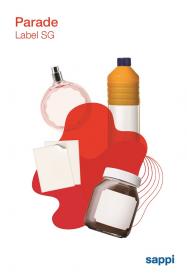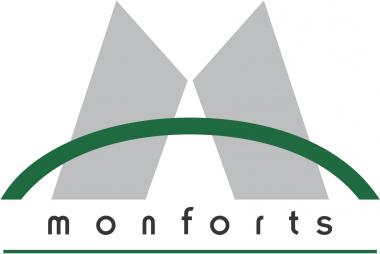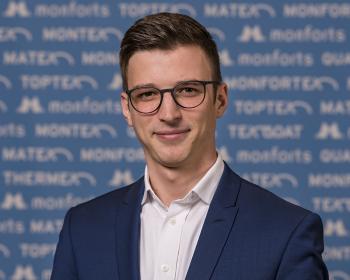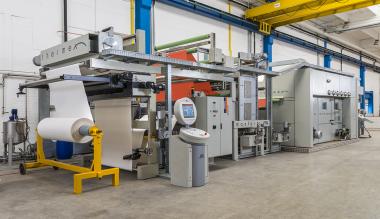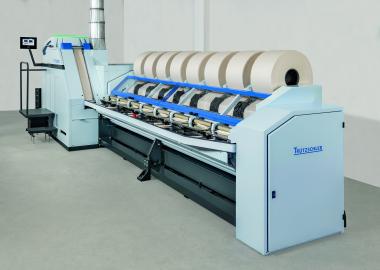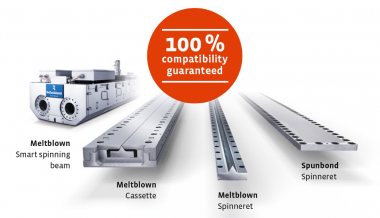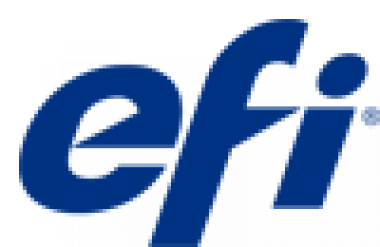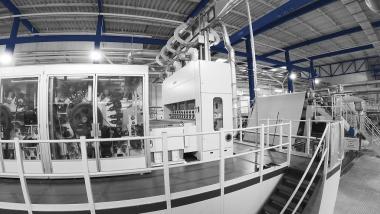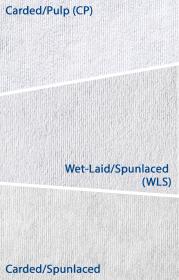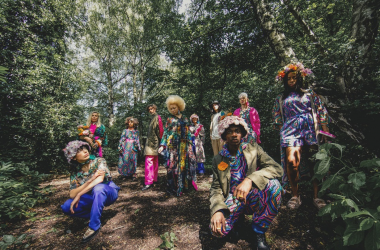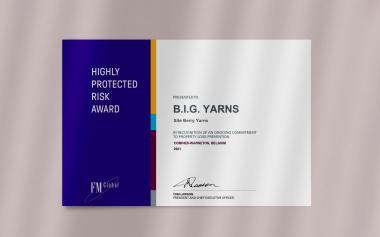ANDRITZ to supply a spunlace line to Biosphere, Ukraine
International technology group ANDRITZ has received an order from the leading Ukrainian manufacturer of household and hygiene products, Biosphere Corporation, to deliver its first complete neXline spunlace line. The ANDRITZ spunlace line will enable Biosphere to produce fabrics from 30 to 70 gsm, with an hourly output of up to 3,000 kg/hr after the second commissioning phase. Start-up is scheduled in two stages – the first one in the first quarter of 2022 and the second in early 2023, reaching full production capacity.
The high-capacity spunlace line will double the company’s current production capacity and is designed to process various types of fibers, such as polyester/viscose blends and natural fibers. It is dedicated to the production of household, medical and hygiene fabrics, such as cosmetic, disinfecting and baby wipes.
Andriy Zdesenko, founder and CEO of Biosphere Corporation, says: “Our goal is to carry on creating innovative and premium-quality products. When ANDRITZ came up with a tailor-made offer combining its cutting-edge spunlace technology with full flexibility for our future installation, we knew they were the ideal partner to support us in our business development.”
In 2019, ANDRITZ Diatec delivered a baby diaper converting line to Biosphere. With this additional order, ANDRITZ is demonstrating its strong global position as a supplier of state-of-the-art and tailor-made sustainable nonwoven solutions.
Founded in 1997, Biosphere Corporation has become the market leader in the production and distribution of household and hygiene products in the Ukraine and the CIS and a key converter player in Eastern Europe and Central Asia. The company is expanding rapidly on the international market, including Africa.
ANDRITZ AG











